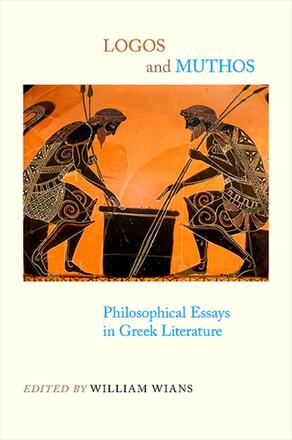
Logos and Muthos
Philosophical Essays in Greek Literature
Alternative formats available from:
Explores the philosophical dimensions present in the works of ancient Greek poets and playwrights.
Description
What are the connections between ancient Greek literary and philosophical texts? Are they in fact two rival forms of discourse mutually opposed to one another? Concentrating on literary authors such as Homer, Hesiod, the Archaic poets, and the tragic playwrights, the contributors in this pioneering volume examine the concerns that such literary authors shared with their philosophical contemporaries. Equal attention is given also to the extent to which each group of authors shows an awareness of the demands and limitations of their forms, and how the study of nonphilosophical authors illuminates the goals and characters of ancient philosophizing. These essays reveal a dynamic range of interactions, reactions, tensions, and ambiguities, showing how Greek literary creations impacted and provided the background against which Greek philosophy arose in more intricate and complex ways than previously believed.
William Wians is Professor of Philosophy at Merrimack College and editor of Aristotle's Philosophical Development: Problems and Prospects.
Reviews
"…Wians convenes outstanding philosophers and scholars of ancient Greece to treat this topic with regard to Homer (who gets half the book) and the broader literary tradition—mostly the tragedians. No chapter disappoints … Highly recommended. " — CHOICE